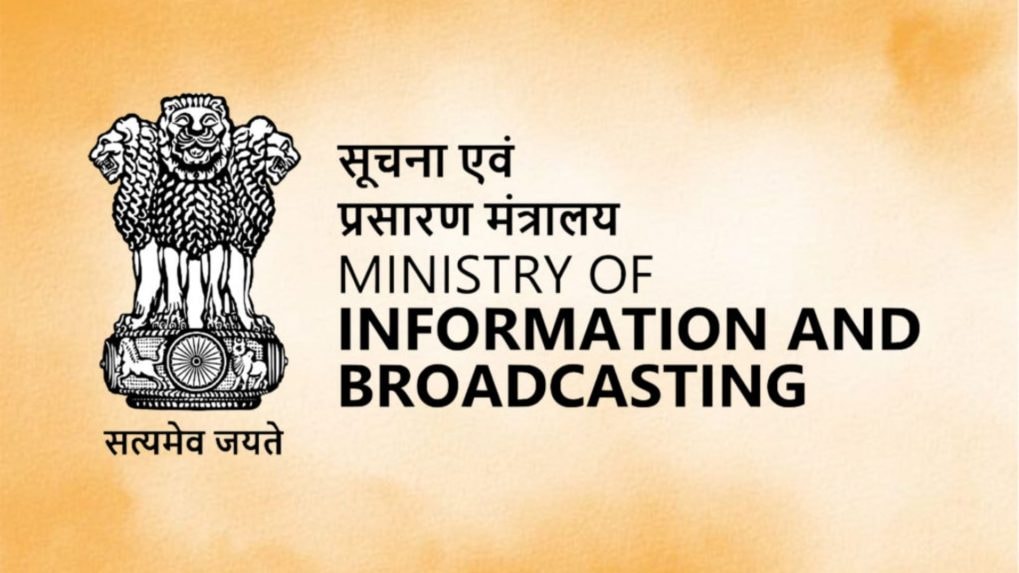Advertising
From Pink Slips to Silent Sidelining: Inside adland’s layoff and anxiety crisis

The Ministry of Information and Broadcasting (MIB) has been entrusted with the regulation and promotion of online social games, while a newly established Online Gaming Authority of India will oversee the wider sector under the Promotion and Regulation of Online Gaming Act, 2025. The framework introduces a five-year certification regime for e-sports and social games, mandating registration, compliance, and user safety standards to bring accountability to India’s fast-expanding gaming ecosystem.
According to the notification, the Ministry of Youth Affairs and Sports will oversee the recognition and promotion of e-sports, while the Ministry of Information and Broadcasting will administer matters relating to the promotion of online social games. Both ministries are empowered to take necessary measures, including issuing codes of practice and guidelines to ensure age-appropriate, safe, and skill-development-oriented gaming content.
The registration of e-sports and online social games will be carried out by a newly established authority. Importantly, the rules allow certain online social games to be offered without mandatory registration, although detailed categorisation guidelines will be issued to safeguard users.
The Ministry of Electronics and Information Technology (MeitY) has invited public comments on the Promotion and Regulation of Online Gaming Act, 2025, seeking to build a structured and accountable framework for the country’s fast-growing online gaming sector. The feedback/comments on the draft rules to be submitted by 31st October, 2025.
Online Gaming Authority of India
A central feature of the rules is the creation of the Online Gaming Authority of India, a statutory body headquartered in the National Capital Region. The Authority will have perpetual succession, power to sue or be sued, and operate as a digital-first office, allowing proceedings without requiring physical presence.
The Authority will consist of a Chairperson in the rank of Additional Secretary or Joint Secretary in MeitY, three ex-officio members representing the Ministries of Information and Broadcasting, Youth Affairs and Sports, and Financial Services, along with two other members of at least Director rank, one of whom must possess expertise in law. A Secretary to the Authority will also be appointed.
The Authority has been empowered to determine whether a game qualifies as an online money game, social game, or e-sport. It will maintain a National Online Social Games and E-sports Registry, inquire into complaints, coordinate with financial institutions and law enforcement agencies, and issue guidelines and directions to ensure compliance.
Registration and Certification
Online game service providers intending to register an e-sport or social game must apply digitally with comprehensive details, including descriptions, target age groups, revenue models, user safety features, and grievance mechanisms.
Once approved, providers will receive a Certificate of Registration valid for up to five years. This certificate cannot be misrepresented, and providers must notify the Authority of any material changes in game features or revenue models.
The Authority has the power to cancel or suspend registrations if games are found to be converted into money games, if they violate provisions of the Act, or if providers fail to maintain recognition under the National Sports Governance Act, 2025.
Penalties and Enforcement
The rules empower the Authority to conduct inquiries, impose penalties, suspend or cancel registrations, and even prohibit providers from offering or promoting games. Penalties will be determined based on the scale of violation, user harm, and any unfair advantage gained.
Unpaid penalties may be recovered as arrears of land revenue, with all collections credited to the Consolidated Fund of India.
To safeguard users, every registered gaming service must maintain a functional grievance redressal mechanism. If dissatisfied with resolutions, users may appeal to the Grievance Appellate Committee within 30 days. Further appeals can be made to the Online Gaming Authority itself, which is mandated to resolve such cases within 30 days.
Additionally, the Authority will be required to prepare and submit an annual report of its activities to the Central Government within 180 days of the end of each financial year.
For India’s millions of gamers, the rules mean safer and more transparent platforms; for developers, a clear pathway to legitimacy through certification. By bringing MIB and the Online Gaming Authority into the fold, the government has drawn a boundary between entertainment and wagering, promising that online gaming’s future will be both vibrant and accountable.
From purpose-driven work and narrative-rich brand films to AI-enabled ideas and creator-led collaborations, the awards reflect the full spectrum of modern creativity.
Read MoreLooking ahead to the close of 2025 and into 2026, Sorrell sees technology platforms as the clear winners. He described them as “nation states in their own right”, with market capitalisations that exceed the GDPs of many countries.